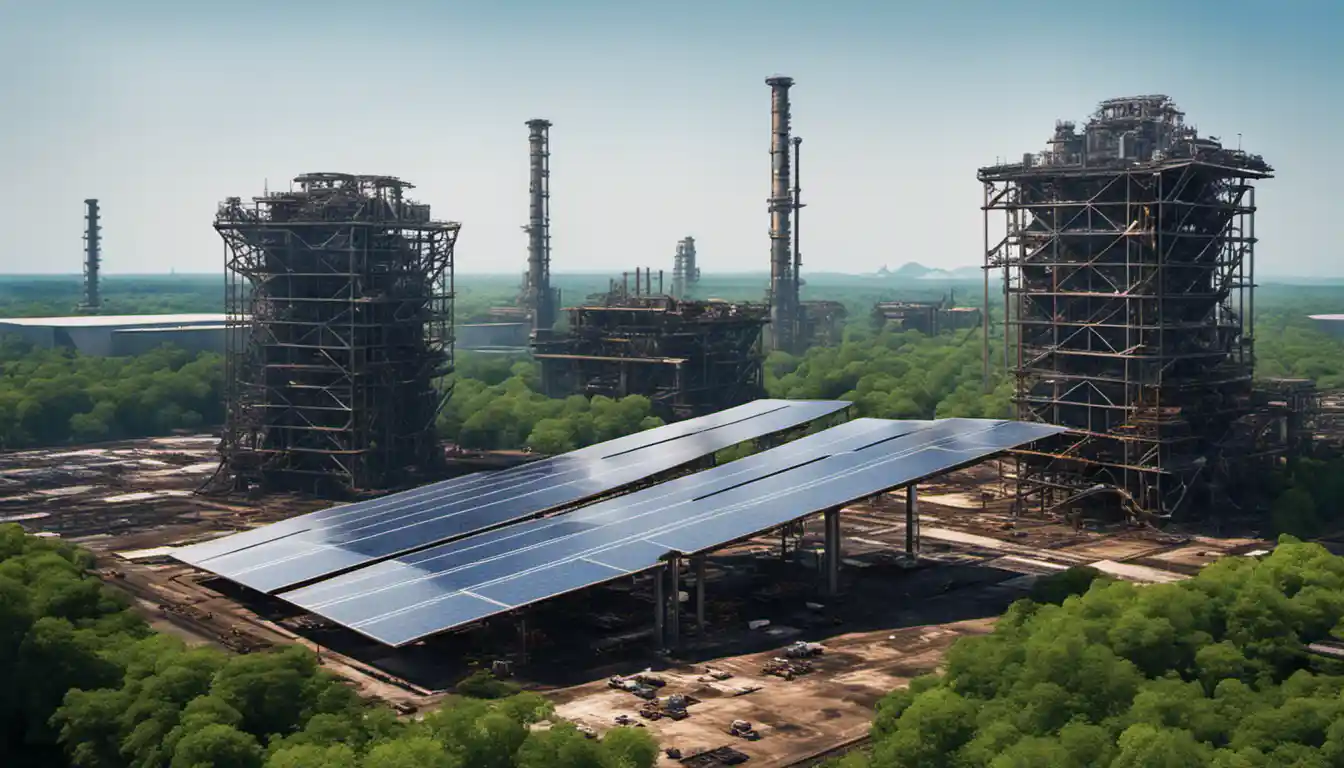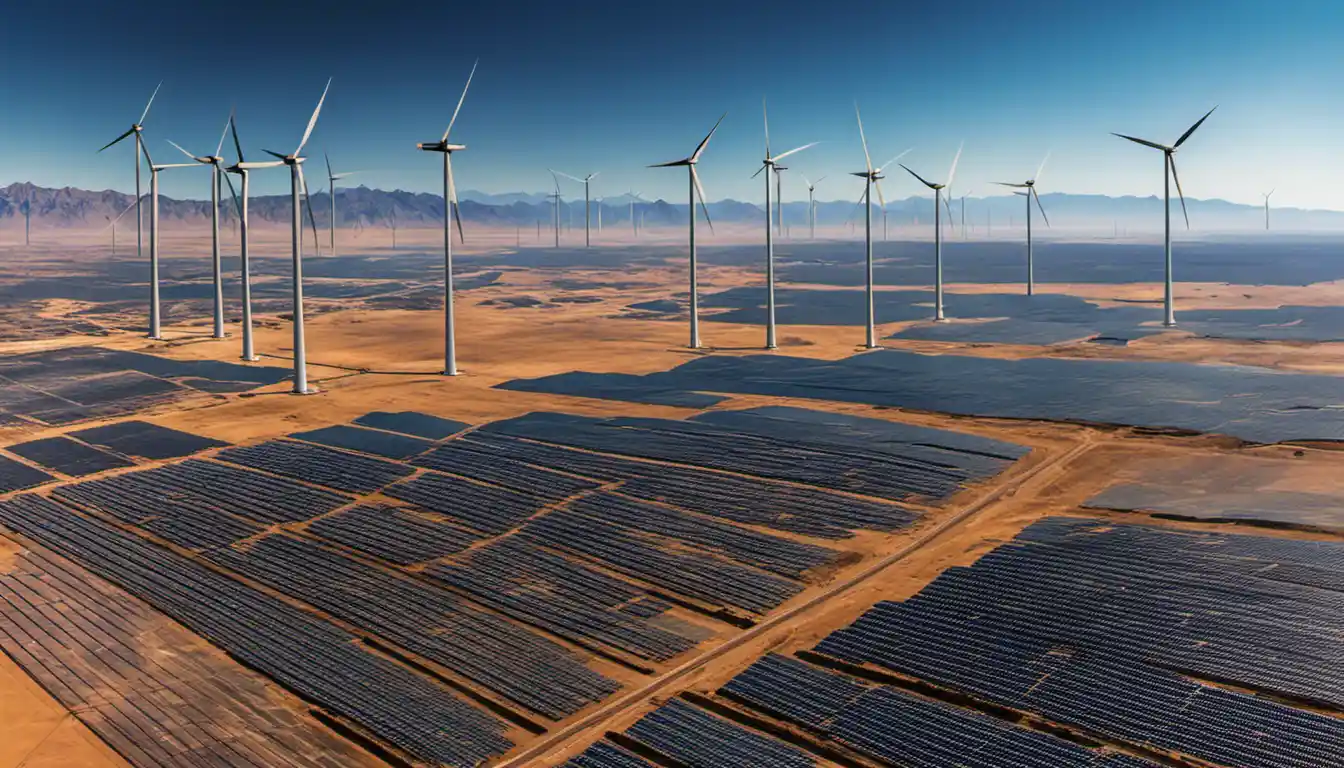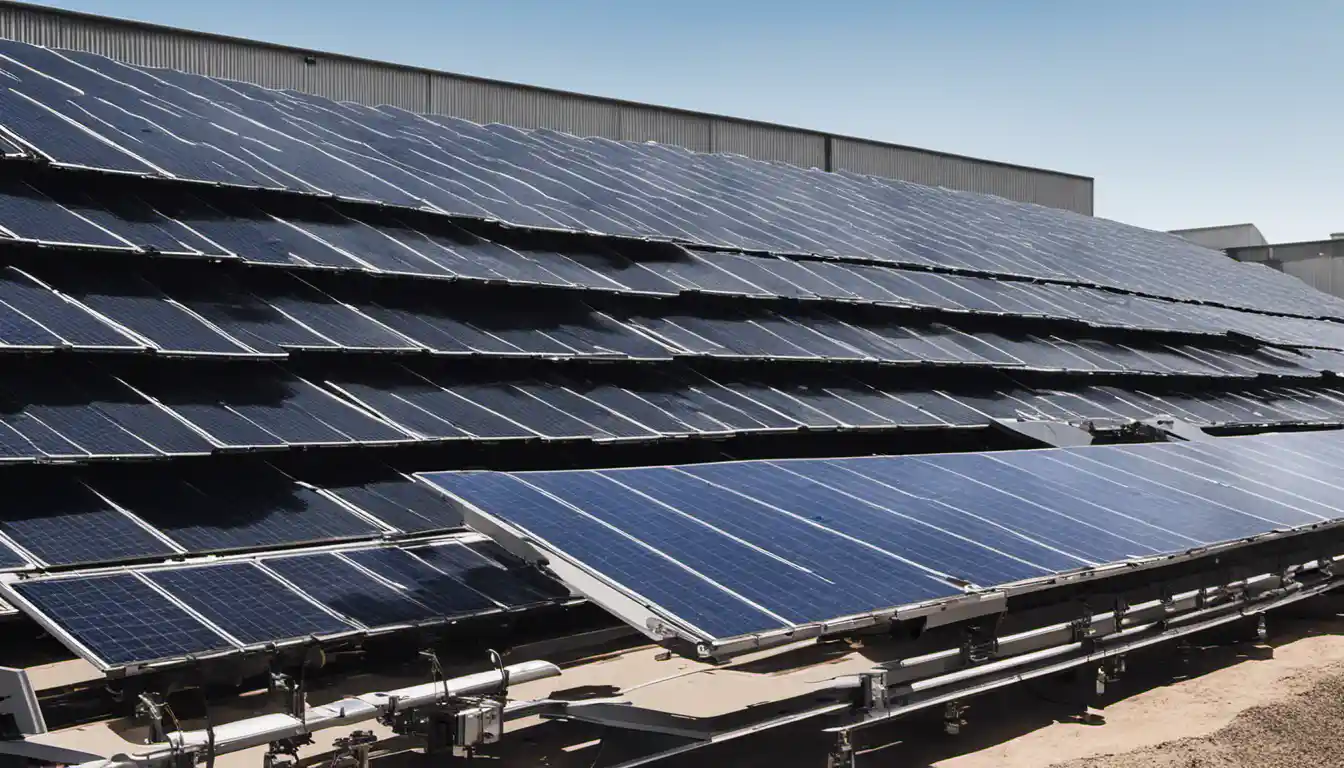The Reality of Solar Panel Recycling
Yes, solar panels are recyclable. Many components of a solar panel, like metals and glass, can be recovered and reused. However, recycling processes may vary widely depending on the technology used in the panels.
Sure, I’d be happy to continue the article.
Can Solar Panels Be Recycled?
Yes, they absolutely can. Solar panels are made up of materials like glass, silicon, and metals, many of which can be recycled and used for creating new products. While the technologies and techniques to efficiently recycle these materials are still being perfected, progress is being made every day and it’s becoming an increasingly efficient process.
Are Old Solar Panels Recyclable?
Again, the answer is yes. “But how?” I hear you ask. Well, most solar panels have a lifespan of 25-30 years, after which their efficiency decreases. Despite the age, the majority of the materials used in these older panels can still be recycled. Of course, the exact process varies based on the specific components and technologies used in the panel’s construction, but that’s a topic for a deeper dive.
The Case of Solar Cells: Are They Recyclable?

Solar cells are slightly trickier. They’re primarily composed of silicon – a tricky material to recycle. However, advancements in technology have allowed for the development of methods to recycle silicon, opening the door for solar cells to be recycled as well.
Inside the Solar Panels: What Can Be Recycled
In general, around 80-90% of a solar panel can be recycled. Here’s a quick breakdown of the main components:
Glass Components: A significant portion of a solar panel by weight is glass, which can be recycled easily. Several recycling companies are looking at reusing this glass in various applications.
Aluminum Frame: The aluminum frames that hold solar panels together are fully recyclable.
Copper Wire: Another material that can easily be recycled is copper, which is found in the bus and interconnecting wires.
Plastic Junction Box: The plastic junction boxes can be challenging to recycle due to the different types of plastic used. Currently, they’re generally incinerated to generate heat and electricity.
The Difficulties in Solar Panel Recycling
How Tough Is It to Recycle Solar Panels?
It sounds simple, doesn’t it? The reality, however, is that recycling solar panels can be quite difficult. The reason for this lies in the complex assembly of different materials, some of which are hazardous and require special handling to avoid damaging the environment.
The Numbers: A Deeper Look into Solar Panel Recycling

How Much of a Solar Panel Can Be Recycled?
As mentioned before, around 80-90% of a solar panel can be recycled. This includes 20-25% silicon and other metals like silver and aluminum, 75% glass, and small parts of interlayer materials. However, there’s still a percentage that ends up as waste.
What Percentage of Solar Panels Are Currently Being Recycled?
That’s the million-dollar question, isn’t it? Unfortunately, research is limited and there are no definitive figures. Despite this, various recycling programs and initiatives are cropping up around the globe to tackle solar panel recycling, indicating a positive trajectory.
The Process Behind Solar Panel Recycling

Curious about what happens to your solar panels when they reach end-of-life? Check out this step-by-step guide on recycling process.
Where and How to Recycle?
The “where and how” of solar panel recycling is evolving as the industry grows. In certain parts of the world, manufacturers are responsible for the disposal and recycling of old panels. It’s crucial for consumers to ask about the end-of-life plan when purchasing solar panels. Additionally, there are now more companies offering services to recycle solar panels.
Additional Insights
The future is bright for solar panel recycling. Innovative solutions are being explored, such as improving the efficiency of silicon recovery and developing new ways to recycle solar cells. As always in the sustainable technology sector – stay tuned for exciting developments in this space!
Conclusion: The Significance of Solar Panel Recycling
Solar panel recycling not only contributes to a circular economy, but also has significant positive impacts on the environment by reducing waste and the need for raw materials. As the solar industry continues to grow, developing and adopting sustainable end-of-life strategies will be key to its long-term sustainability. We’re off to a promising start, but there’s still much work to be done. I’m hopeful that everyone involved – from manufacturers to consumers – will take part in this crucial step towards a more sustainable future.



